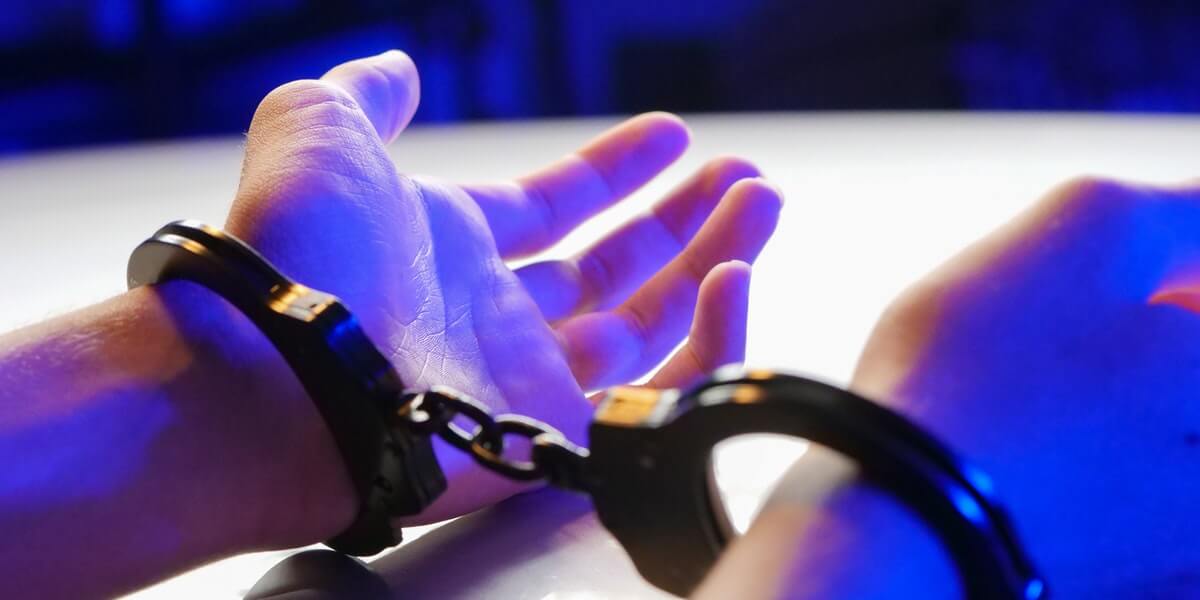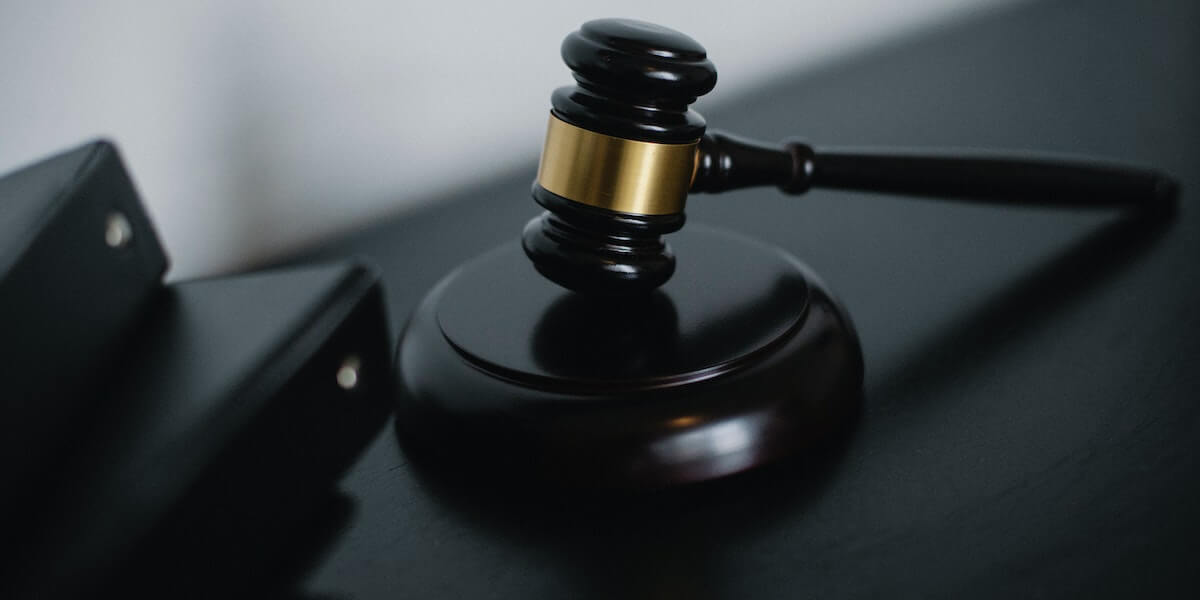In the United States, about 45 million Americans, or 14% of the population, have been convicted of a misdemeanor. If this is the case for you, you might be asking yourself, can a misdemeanor be expunged in New York City or State?
The answer is both yes and no. Having a crime expunged means that all records of your arrest, prosecution, and conviction are permanently destroyed. Unfortunately, New York has no statutes allowing for expungement of any crimes, except for certain marijuana-related convictions.
But don’t worry! In the state of New York, you can still apply to have any criminal convictions sealed. Sealing a criminal conviction involves the destruction of most records related to the case. Sealed records of the conviction itself will no longer be viewable by anyone, not the public, and not law enforcement, except under certain circumstances, which we will discuss below.
Identifying What Crimes Can Be Expunged In New York
Beyond direct punishment for a crime, such as fines, jail time, or community service, having a criminal record often results in what is known as collateral consequences, which can affect your life in many adverse ways. Collateral consequences can include loss of voting rights or the ability to serve on a jury. You may lose immigration status, housing or public benefits, or loans for college or a small business.
Even having a misdemeanor conviction on your record can result in collateral consequences, such as being denied a job. In general, you can apply to have less serious felonies and misdemeanors sealed, but there are exceptions for more serious crimes, such as
- Crimes that are listed as Class A felonies, the most serious crimes under New York State law
- Certain offenses (though not all) which are defined as violent crimes by statute
- Most sex offenses, especially any that require you to register as a sex offender
- Certain other felonies defined as ineligible for sealing under criminal justice statutes
Misdemeanor Crimes Eligible for Expungement
Since a new wide-ranging criminal conviction sealing law was enacted in 2017, you may now apply for the sealing of many adult convictions, provided certain conditions are met.
The basic requirements for a conviction to be eligible for sealing are that you have:
- No more than 2 misdemeanor convictions, or 1 felony & 1 misdemeanor;
- Not committed any crimes in the last ten-year period (counted from the date of your conviction, or release from prison, whichever was later);
- No pending criminal charges or convictions;
- Not already obtained the maximum number (2) of sealed convictions;
- Successfully completed a drug treatment program or other court-ordered actions related to your conviction;
There are also situations in which automatic full or partial sealing of a conviction takes place without you needing to take any action, including:
- Certain marijuana-related misdemeanors, which are expunged and treated as if they never happened
- Cases that were ruled in your favor, such as a dismissal or not-guilty verdict
- Crimes committed by children (minors aged 13 or younger) or youthful offenders (minors aged 14 through 17)
- Minor violations and traffic infractions, such as disorderly conduct or trespass
How Does the Expungement Process Work?
New York criminal courts are granted discretion to seal up to two convictions, only one of which may be a felony. However, if you were convicted of multiple crimes for a single criminal action, the court may consider them a single conviction. Also, the sealing process is not automatic. You must follow certain steps in order to get a conviction sealed:
- Submit an application to the judge or court where you were convicted, including a Certificate of Disposition and a notarized statement of the reasons for sealing your conviction, along with other documentation or evidence to support your request.
- Serve the application and supporting documents for your request to the country District Attorney’s Office, which then has 45 days to notify the court of any objections.
If there are no objections from the District Attorney, no hearing is required to approve your application, but the judge may choose to conduct a hearing regardless. The judge will dismiss your petition if you have not met all the requirements. Some of the factors the court may consider when reviewing your request include
- The circumstances and seriousness of the offense
- Your personal character and progress toward rehabilitation
- Statements by the victim(s) of the offense
- Time elapsed since your last conviction
- Impact of sealing your conviction on your rehabilitation, as well as on public safety
If you are denied or restricted from having a conviction sealed, it is still possible to get your rights back by applying for a Certificate of Relief from Disabilities or a Certificate of Good Conduct.
Is Expungement Permanent?
After having a conviction record sealed, all material connected to your case will be permanently destroyed, including evidence such as arrest photos, mugshots, fingerprints, palm cards, and DNA samples. The record of your conviction will still exist but cannot be accessed or viewed by members of the public, law enforcement officers, or prosecutors, except under certain special circumstances listed in the next section.
Can Certain Entities View What Criminal Records Were Expunged?
After being sealed, there are only a few ways that your record may be viewed, which include:
- Personal designation by you, such as an attorney or family member
- Background checks by employers for certain jobs that involve carrying a firearm
- A parole officer may view your records if you are arrested while on probation or parole
- Prosecutors or law enforcement officers by court order, which typically only occurs if you are arrested for a crime that somehow relates to the sealed crime
Sealing your criminal history is a great way to prevent past indiscretions from interfering with your future success. If you would like assistance, or you feel confused or intimidated by the process of applying for sealing, our experienced criminal defense attorneys at Tully Rinckey are ready to assist you.
Schedule a legal consultation today or get in touch to find out how we can help!







